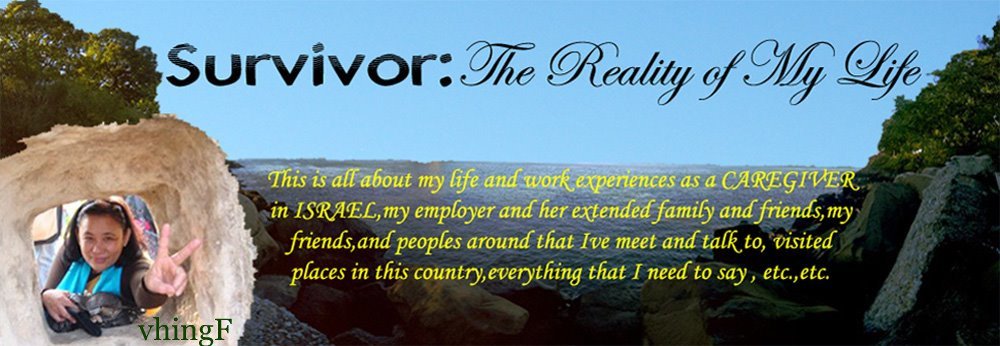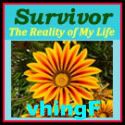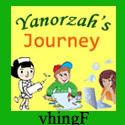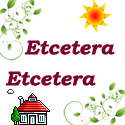ELDER CARE
>> Thursday, November 13, 2008
Elder Care describes the issues and care concerns for the frail elderly who make up 5% of the over 65 population. FRAILTY is defined as chronic functional impairment in one or more of 6 activities of daily living (ADL's) requiring the help of another person. These ADL's include:
-----bathing
-----dressing
-----grooming
-----eating
-----transferring
-----toileting
Elder Care can be thought of as an umbrella of care and services for the frail elderly. These include a broad range of services including:
------Meals (in-home or in congregate settings)
------Socialization
------Personal care
------Light housekeeping in the home
------Residential facilities (retirement homes, Board and Care facilities
and nursing facilities)
------Adult day care
------Transportation
------Telephone reassurance
------Friendly visiting
------CAREGIVER SUPPORT
------Respite care
------Emergency response systems such as Lifeline
The array of medical conditions that may result in frailty are numerous, and several stand out as most directly impacting upon the individual's day-to-day functioning. The most glaring of these is dementia in it's many forms (i.e., Alzheimer's Disease, vascular dementia, etc.). Other serious conditions affecting function include strokes, Parkinson's Disease, chronic obstructive pulmonary disease (COPD) and emphysema, near or total blindness, diabetes and advanced heart disease.
CAREGIVER concerns stand as a large area of consideration in Elder Care. Remembering that 80% of the care provided to the frail is given by families, it is key that these caregivers are supported over time. This support may take the form of:
---------respite services
---------support groups
Effects of depression on the elderly
Moderate to severe depression often accompanies physical decline and frailty. Depression is a medical condition that affects not only quality of life, but also the way in which people take care of themselves. It is a condition that is usually easily resolved with new treatments, but untreated in the elderly.




























































1 comments:
Thanks for the post -
I transitioned my mom to assisted living after she had a stroke in 2005. At the time, I was 33 years old and found very few resources to help families understand the benefits of assisted living, evaluate communities and transition their loved one to them. So I decided to create them!
To help families with this issue, I created www.insideassistedliving.com – a blog focused on helping families evaluate and transition a loved one to assisted living. I was also curious about what other families were concerned with, so we decided to ask them.
We surveyed 195 families about their concerns and preparedness and put them into a free report. Anybody can download it off the Inside Assisted Living blog. All are free.
I hope this helps your readers. We’re all kind of connected in this strange way, so we have to look out for each other!
All the best,
Ryan Malone
Post a Comment